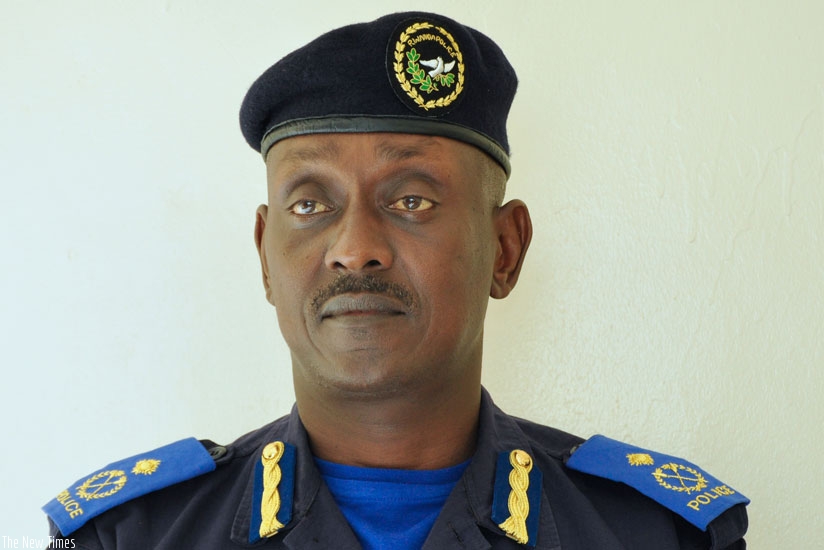Creating a crime-free Kigali
Safety and crime prevention in the City of Kigali, like in other parts of the country, is a core element in the strategies of Rwanda National Police (RNP).

ACP Rogers Rutikanga. (Courtesy)
